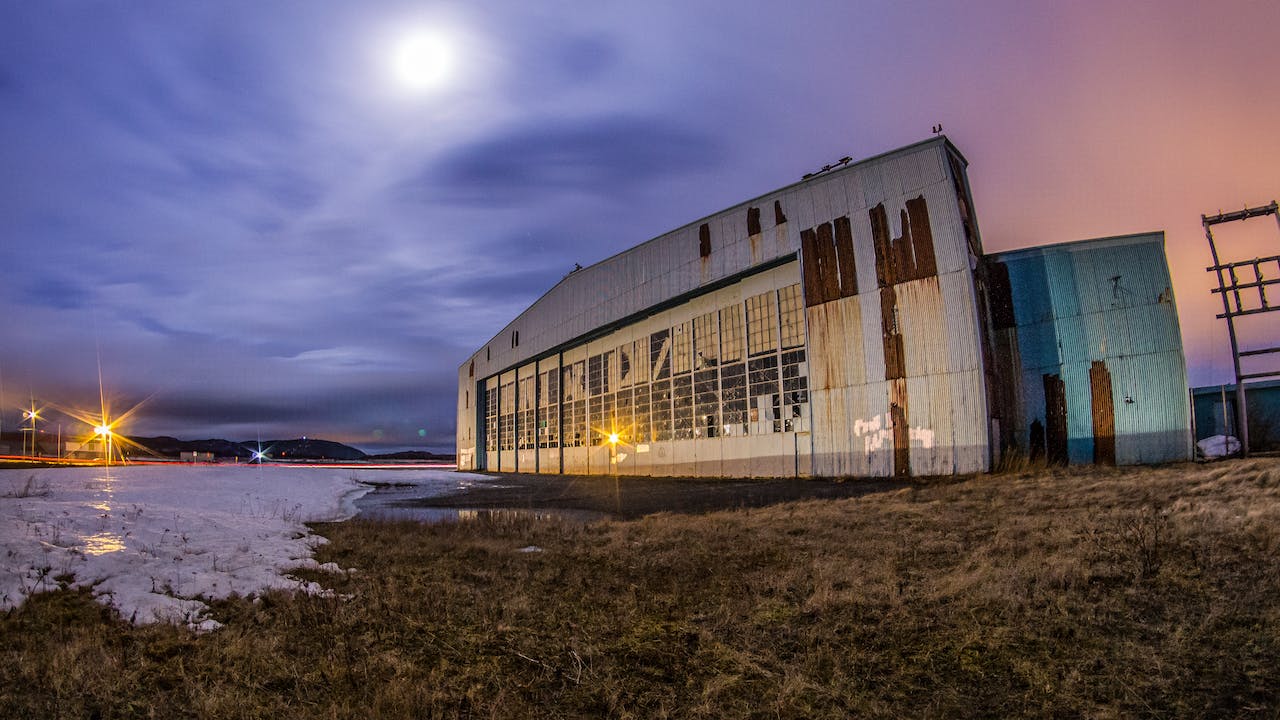As the Met Office warns of snow and ice this December and cold temperatures have already set in across the UK, here is some advice* on the health risks of working outdoors in dangerous conditions. David Davies, from Blue Trolley, shares the below advice:
When is it unsafe to ask employees to work?
“Whilst there is no official law around when it is too cold to work, health and safety guidance recommends 16ºC for standard workers or 13ºC for those undertaking physical work.
The health risks of working in snow and low temperatures
“If you do attend work whilst temperatures are low you must take care to avoid serious health risks. Exposure to snow and low temperatures runs the risk of shivering, dehydration and even hypothermia. Employers should monitor temperatures, maintain safe temperatures in offices and know when it isn’t safe to work. Cold conditions can also affect concentration and mobility, making it more risky for manual workers and those operating machinery for work. A small lapse in concentration when operating machinery could lead to dangerous circumstances and even life-threatening situations. Workers should not be subjected to working in the cold for long periods of time, so consider adding extra breaks to their schedules when planning shifts. Heavy lifting in cold weather without the correct safety precautions and PPE can also lead to muscle strain.
“Wet feet caused by snow could lead to frostbite or immersion foot which could see those affected experiencing swelling, blotchy skin, numbness or itchy/tingling sensations. Less extreme risks of working in snow could lead to dry skin caused by low humidity and winter winds, which can cause cracked and even bleeding skin.
The risk of working in icy conditions
“Ice holds the same risks as snow when it comes to cold temperatures but with the added risk of slips and falls. Attempting to walk to your office or place of work in ice is incredibly dangerous and workplaces should take precautions to safeguard any onsite walkways to clear slippery paths before asking employees to use them. Slips and falls are the highest cause of nonfatal workplace injury in the UK and can lead to a long list of medical issues such as broken bones, strained muscles and sprains.
“Driving in icy conditions to your place of work is also not recommended. Black ice on roads can be hard to see and incredibly dangerous, causing potentially life-threatening crashes on roads. Always consult your employer about your options for flexible working arrangements and risk assess before you attempt to commute in severely icy conditions.
The risks of working during heavy rainfall
“Whilst there isn’t legislation around working during wet weather, employers are expected to act responsibly to protect employee welfare. Old and large buildings, such as offices and warehouses, are susceptible to leaks and flooding in heavy rain. Puddles of water are a key concern for risk of slips or falls amongst staff which lead to other injuries and potential long-term health issues as a result. Employers should ensure to use correct signage and cordon off areas that may pose the threat of slips.
“Working outside in heavy rain is additionally hazardous, obstructed vision can lead to mistakes being made that could cause further accidents when operating tools, vehicles or machinery. The rain itself poses a risk of reducing body temperature and cold stress – where the body struggles to maintain temperature, this again increases the risk of hypothermia for severe cases. Employers should always provide PPE to protect against the rain or alternatively have spare dry clothing/uniforms available for employees who may have to work in heavy rainfalls to ensure they maintain a healthy body temperature at work.
How to protect staff during cold snaps and adverse weather
“As the weather gets colder, employers have a duty of care to ensure the well-being of their staff. They should conduct regular risk assessments and communicate the measures they have taken to provide a safe working environment. Some of the steps they can take include: maintaining office or warehouse ventilation, keeping temperatures at a safe level and checking building insulation to be confident the environment is safe for work. Other measures that can help protect employees could also include: providing dry clothing and weather-appropriate PPE, allowing extra breaks when working through cold weather and being flexible on working arrangements to support employees with compromising health conditions who may be worse affected by winter weather.”
*Advice provided by Blue Trolley









